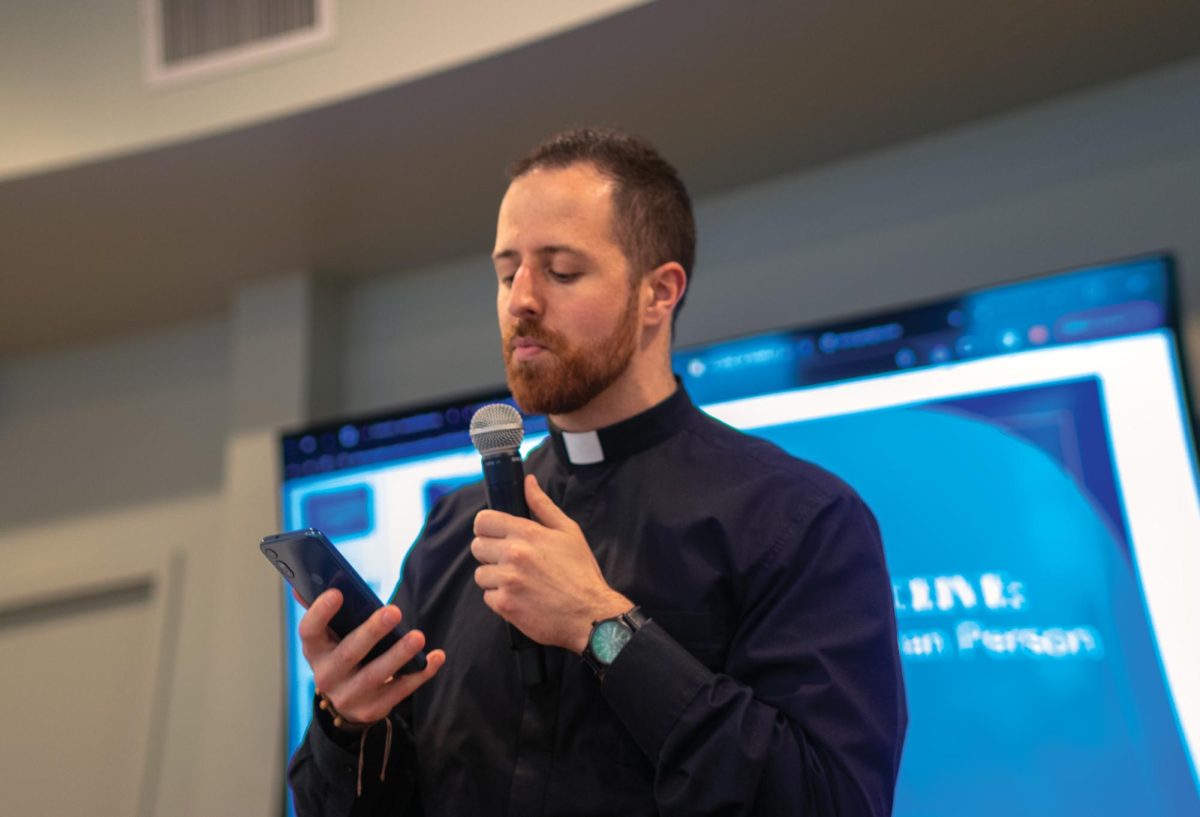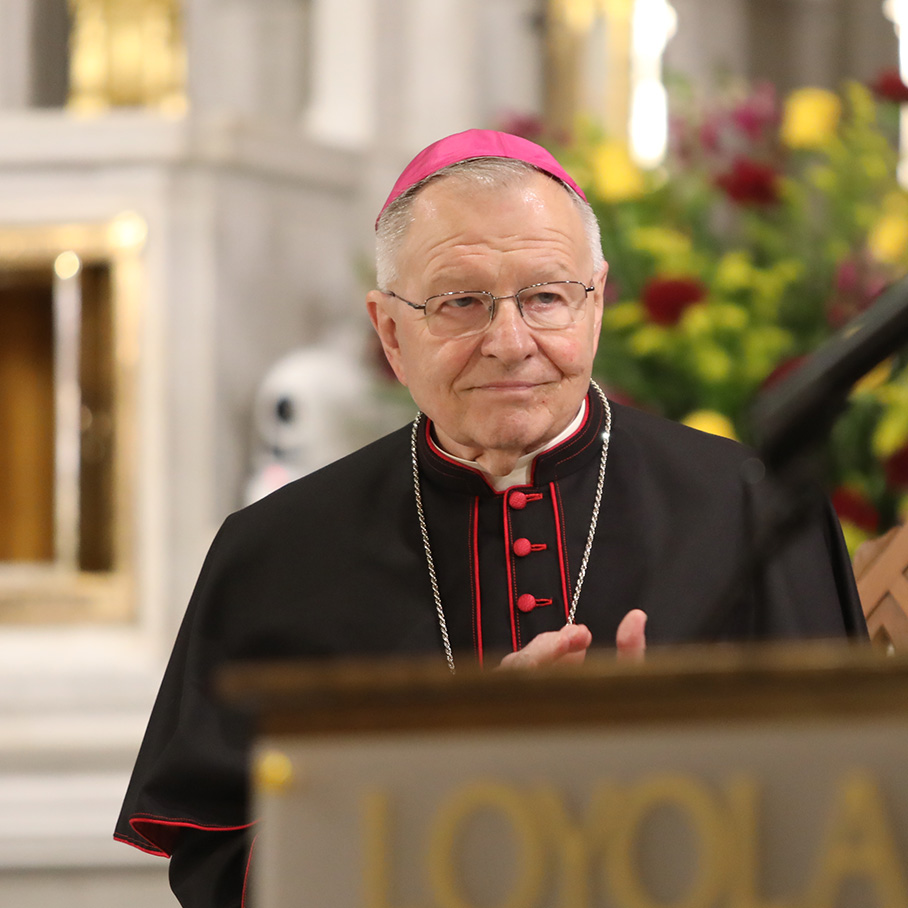Faith matters. Faith says something about what kind of person you are and how you approach the universe. That is not to say that any denomination or philosophy is necessarily right or wrong-each, I imagine, would argue for the merits of its own assessment of the spiritual world, be that the divinity of Christ from any Christian sect or whether failure in battle the previous day was a result of some trick by Loki- but that the question itself is important for any thinking being.
We live in a universe that we know frighteningly little about.Our direct experience doesn’t even extend past the immediate vicinity of our planet; we have been afforded only the briefest glimpses of what lies beyond our tiny world, which even the most adventurous of us will never see in its totality. To fail to think about the possibility of a spiritual dimension beyond even the paltry physical reality we know is, for any sentient being, simply unconscionable.
I am not disavowing atheists: If an atheist reflects on the world and sees no sign of the divine, that’s a perfectly respectable position. Nor am I unconditionally endorsing the religious. If someone has faith without ever questioning its tenets or the possible validity of conflicting ideas, then they have failed in their responsibilities as a sentient being.
Faith should not be easily shaken. Faith-be it faith that we are alone in the universe and what we see is what we get, faith that Christ died for our sins or faith that Odin will show personal favor during next day’s glorious battle- is something you build your life and your perception of all its complexities upon. But that does not exclude wider consideration. When it comes to matters of faith, we must go beyond tolerance to outright consideration-we must be willing to consider that the tenets of the faith we are looking at, however ridiculous they seem, might hold some truth.
Because it is only when we are willing to recognize the possible validity of other faiths that we can truly know and respect our own. Faith is not knowledge-it can make no claims to be fact. An atheist assumes that, for what little we know about the universe, we will never find evidence of the divine. There is no clear record that indicates that Mary did give birth as a virgin and her son died and was resurrected in accordance with his divine nature. And there is no proof that falling glorious battle will allow a mighty warrior to go to Valhalla. These are simply choices we make in what to believe in. And those who believe-which is to say, every single person on Earth, no matter what view they take-have to consider the possibility that other views are equally as valid as their own. This does not mean we have to doubt, but belief is not fact, and to treat it as such is to do ourselves and our
fellow humans a disservice. If you think, you believe in something-be that in physical reality alone, the divinity of Jesus Christ or the validity of the Norse pantheon. Be willing to think about your beliefs, and to trust that your fellow humans have done the
same.
Daniel Quick is a history and english writing senior and the Opinion and Editorial Editor of The Maroon. He can be reached at [email protected]








